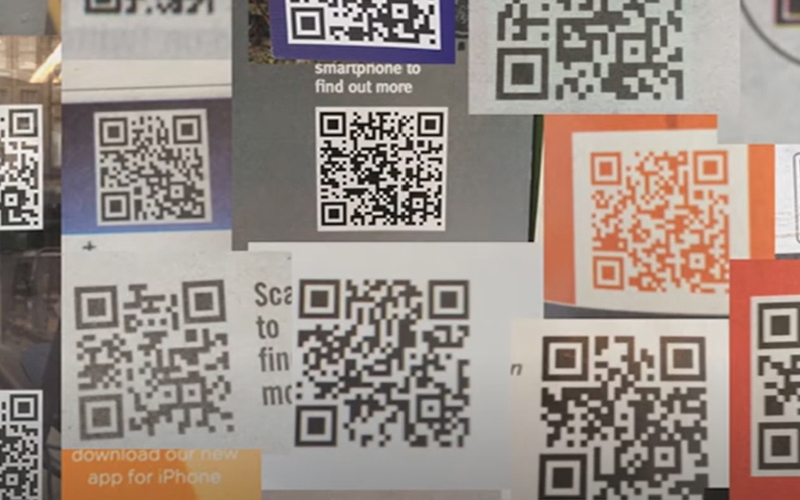A new year feels like an opportune moment to reflect on the progress we’ve been making at Research Data Scotland, and how we’ll be stepping up a gear.
We’re still a very young organisation – 2022 was our first full year operating as an independent charity and all but one of our staff have been recruited in the last 11 months. This means we’re piecing together our day-to-day operations, considering how we’ll be working alongside other organisations in the sector, and defining the type of services we need to deliver.
Developing the Researcher Access Service
A priority has been to develop the thinking and plans around what we’re calling the ‘Researcher Access Service’.
One of the main reasons that RDS exists is to simplify and speed up access to public sector data, and in turn enable this data to be used for research purposes in the public good. The Researcher Access Service is being designed to streamline and enhance applications and approvals processes, and offer an end-to-end digital journey for the first time.
Currently the ways and means of accessing this data (for example, in areas such as health, education, child protection, and justice) is pretty fragmented.
From a researcher’s perspective, even simple requests are not straightforward, forcing people to work across multiple websites and follow often convoluted processes. From an internal perspective, administration tools are limited and there is no effective means to track and monitor applications.



